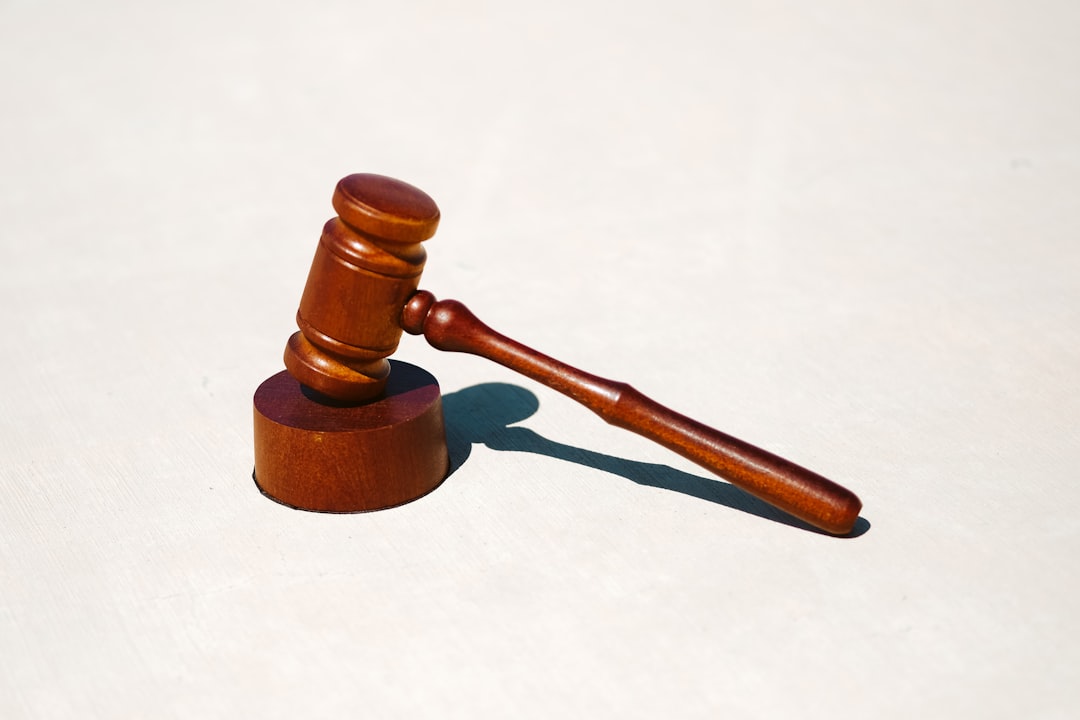Small Claims Court in South Dakota offers an accessible and cost-effective solution for resolving civil disputes, especially debt collection cases up to $10,000. Governed by the state's Debt Collector Laws, individuals or businesses can file claims without legal representation. The process involves gathering documentation, filing a claim, serving the debtor, and providing clear proof of the debt within the statute of limitations. Both debtors and creditors benefit from straightforward procedures and protections under South Dakota's debt collector laws. Debtors have rights to challenge debt validity, argue over timelines, and request validation.
Navigating debt collection in South Dakota? Understanding the state’s small claims process is crucial. This guide breaks down everything you need to know, from eligibility criteria for debt collection cases to step-by-step filing instructions and evidence requirements. As a debtor or collector, being aware of your rights and defense options is essential under South Dakota’s debt collector laws. By the end, you’ll be equipped with the knowledge to successfully navigate this process.
Understanding Small Claims Court in South Dakota

Small Claims Court in South Dakota is a specialized legal venue designed to provide an efficient and accessible process for resolving smaller civil disputes, including debt collection cases. This court system is governed by state laws, specifically the South Dakota Debt Collector Laws, which outline the rights of both debtors and creditors. The primary goal is to offer a straightforward and cost-effective alternative to traditional litigation for claims typically ranging from $5,000 to $25,000.
In South Dakota, individuals or businesses seeking to recover debts can file their cases in small claims court, bypassing the need for a lawyer in many instances. The process is generally straightforward, with clear rules and procedures outlined by the courts. This accessibility is a key advantage, ensuring that debt collectors and those owed money can resolve issues without navigating complex legal systems.
Eligibility Criteria for Debt Collection Cases

In South Dakota, small claims courts offer a cost-effective and efficient avenue for debt collection cases. However, not all debts qualify for this process. To be eligible, the debt must fall below a certain threshold, typically capped at $10,000. Additionally, the case must involve a written agreement or a judgment from a previous court case. The laws governing debt collectors in South Dakota are designed to protect consumers from aggressive or unfair practices, ensuring that creditors adhere to ethical and transparent collection methods when pursuing debts through small claims.
Filing a Claim: Step-by-Step Process

In South Dakota, individuals seeking to collect a debt through small claims court must adhere to specific procedures outlined by the state’s debt collector laws. The process begins with careful preparation and documentation. First, gather all relevant information about the debtor, including their name, contact details, and proof of the outstanding debt. This may include invoices, payment records, or any other form of written agreement. Once you have this, the next step is to file a claim at the appropriate small claims court in the county where the debtor resides.
To formally initiate the process, complete and submit a Summons and Complaint form, detailing the nature of the debt and the amount owed. This document should be served to the debtor, providing them with official notice of the pending lawsuit. After service, you or your legal representative must wait for a response from the debtor. If they do not answer or appear in court, a default judgment may be entered in your favor.
Evidence and Documentation Requirements

When initiating a small claims case for debt collection in South Dakota, it’s crucial to understand the evidence and documentation requirements set forth by the state’s debt collector laws. To succeed, plaintiffs must provide clear and compelling proof of the debt, including original contracts or agreements, any communications related to the debt, and records of payments or attempts to resolve the issue. These documents serve as the foundation for the case, establishing both the existence of the debt and the defendant’s liability.
Additionally, debt collectors or plaintiffs must be able to demonstrate that the debt is valid and within the statute of limitations, typically three years in South Dakota for oral agreements and six years for written ones. All evidence presented should be organized and easy to understand, as the judge will evaluate its credibility during the hearing. Proper documentation not only strengthens the case but also ensures a smoother process, potentially leading to a favorable outcome more swiftly.
Rights and Defense Options for Debtors

In South Dakota, debtors have specific rights and several defense options when faced with a debt collection case. One crucial aspect is the state’s regulation of debt collectors under the South Dakota Debt Collector Laws. These laws protect consumers from unfair or deceptive practices by ensuring debt collectors adhere to strict guidelines, including providing proper notice, avoiding harassment, and being transparent about the debt.
Debtors can assert various defenses to avoid or reduce their debt obligations. This may include arguing that the statute of limitations has expired for the debt collection, challenging the validity of the debt or its amount, or proving that the debt collector is incorrectly identifying them as the responsible party. Additionally, South Dakota allows debtors to request validation of the debt, which requires the collector to provide proof of the debt and its terms, empowering individuals to ensure they are being treated fairly throughout the collection process.






